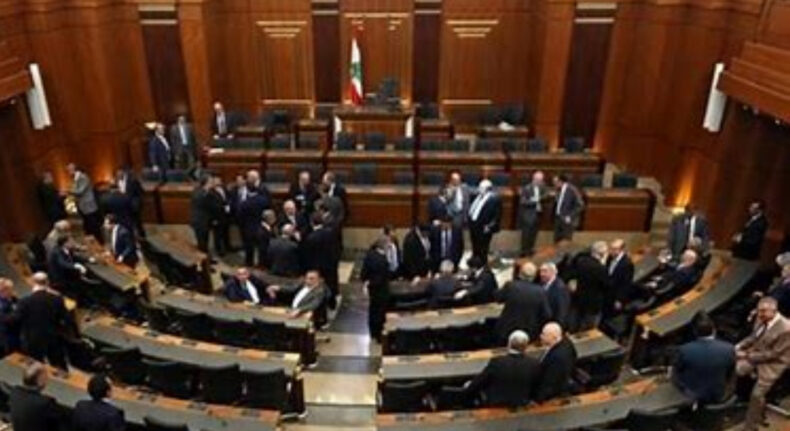The political crisis in Lebanon hit the nadir on Wednesday when continuously for the 12th time the country’s Parliament was unsuccessful in electing a President, the post which is to be held by a Maronite Christian. The political limbo has been in place since the last President, Hezbollah-backed Michael Aoun’s tenure ended.
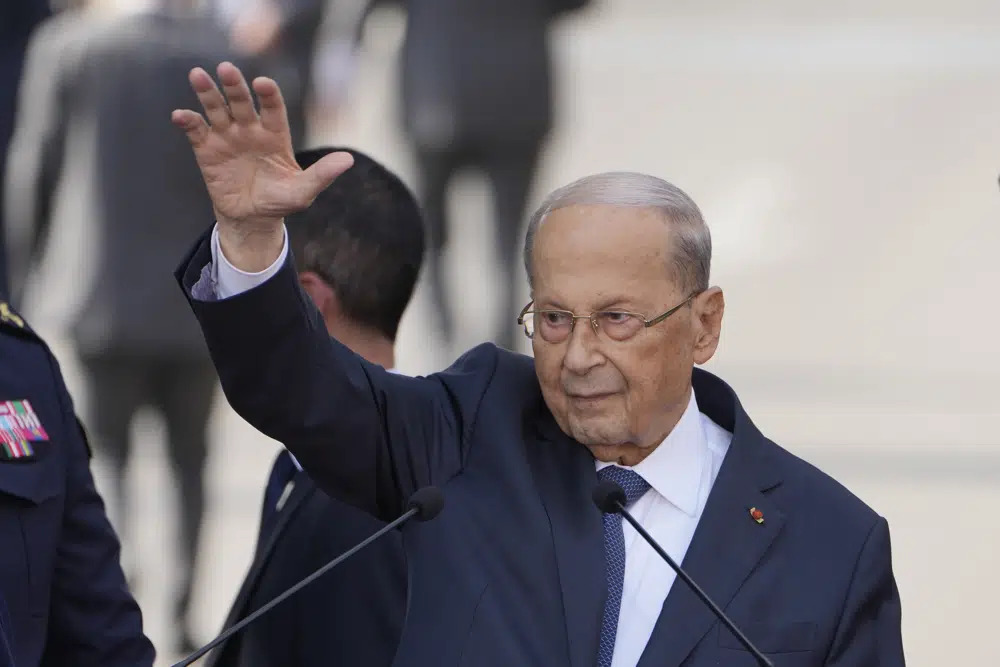
The deepening political impasse in Lebanon
Lebanon’s Christian cleric, Bechara Boutros-al Rai has criticized the country’s prolonged inability to elect a President. He severely condemned the multi-religious country’s constitution and the fragile democracy and cautioned that the country’s split along religious lines is widening.
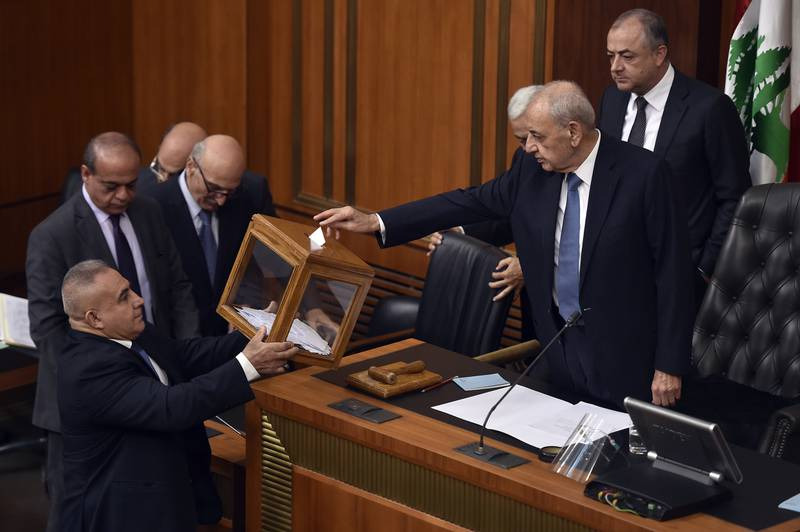
The Middle Eastern country has been undergoing a political imbroglio due to two arch-rival factions wanting to get their candidates elected. One of the candidates is Sleiman Frangieh who has back-end support from the country’s militia cum political party, Hezbollah, and has close links with Syrian President Bashar-al Assad.
The other candidate is Jihad Azour, IMF’s Middle East Director and ex-finance minister who is supported by Christian parties and other forces that are against Hezbollah.
Jihad Azour secured 59 votes out of 128 but still was not even close to victory in the Parliamentary session’s first round of votes. On the other hand, the opposing candidate, Suleiman Frangieh managed to get even less, that is, 51 votes.
Here it is important to note that Parliament speaker, Nabih Berri, a Shia Muslim is a close ally of Hezbollah. He terminated the session as soon as lawmakers from Hezbollah and its supporters left, stating that there isn’t a definite quorum for the second round to proceed.
Some lawmakers who are allies of Azour called for re-voting when it was found that a ballot had been missing. However, the speaker denied it by asserting that it would not overturn the result.
Background Politics of Candidates in Lebanon
Both the opposing candidates and their allies have a clash of interests. Hezbollah’s deputy secretary Naim Kassem has boldly said that the organization will refute the candidate who will meddle with their repertoire of arms and the one who aligns with the “American-Israeli project”.
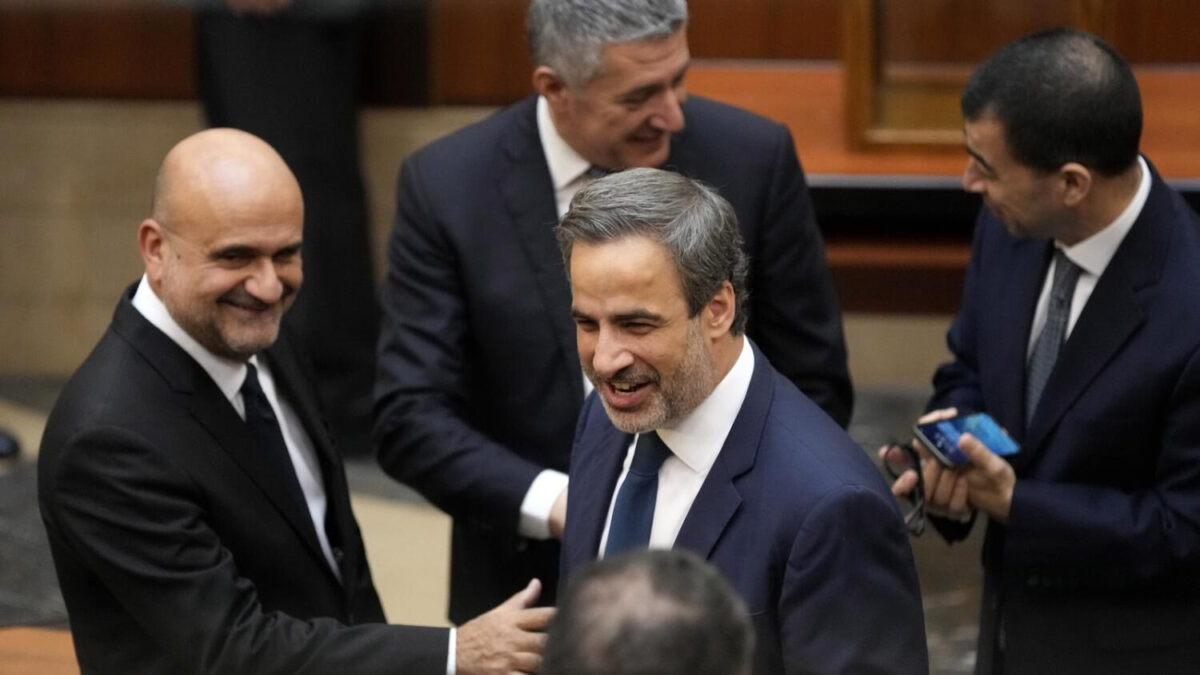
On the other side of the political wheel, Moawad is of the view that it was due to the nefarious activities of Hezbollah that the relations with gulf countries have been severed which has been a source of financial assistance for Lebanon which is facing financial crisis since 2019.
Given the precarious situation of the economy, Lebanon is in dire need of help from the gulf which, however, is not possible due to Hezbollah’s hegemony in the country’s politics and its covert aid to Houthi-rebels in Yemen.
In 2021, Saudi Arabia halted agricultural imports from Lebanon citing that the shipments were allegedly used for the flow of drugs illegally. The situation is grave since the impasse will further forestall the opportunity to clinch an economic deal with the International Monetary Fund to bring the derailed economy on track.
The disgruntled population took to the streets in 2019 due to inflation, unemployment, and poverty. The country is also set to be placed on FATF grey list reifies the current crisis. Further, its Central Bank head was summoned by Western countries for its embezzlement of funds.
Moreover, IMF has put demands before Lebanon for economic aid that includes amendment of banking secrecy law and revamping its banking structure.
Lebanon’s consociational democracy
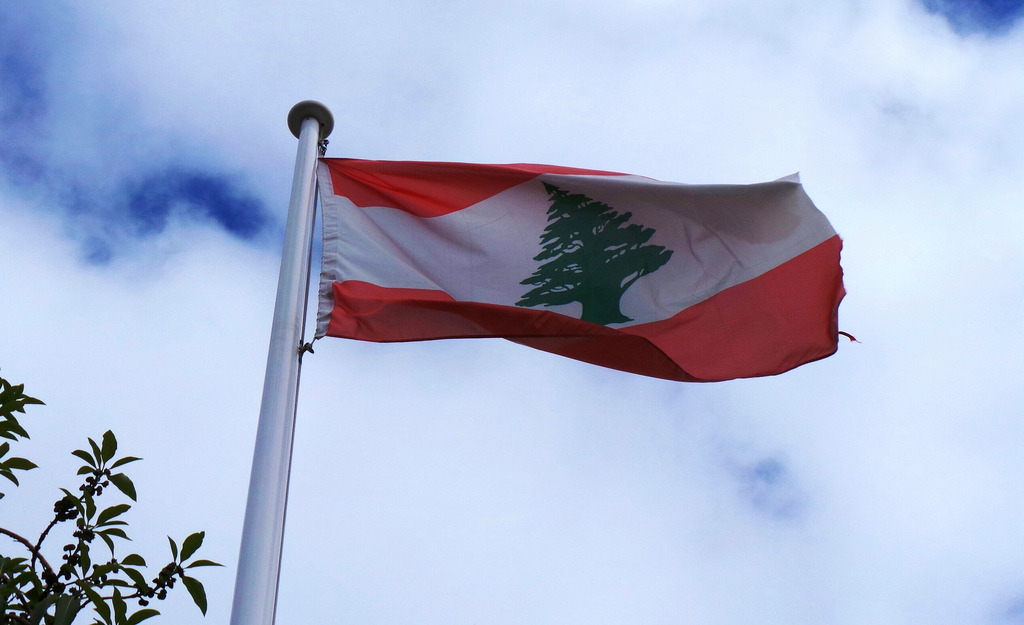
Lebanon’s political system is one of the uncanny systems in the world. In this country, all the religions that exist are minorities. It follows consociational democracy which was given a concrete shape through Taif accord of 1989 according to which three main religious denominations – Shia and Sunni Muslims, and Maronite Christians are given political representation in proportionate to their population. An arrangement was carved by which the Prime Minister shall be a Sunni Muslim, President would be from Shia sect, and speaker shall be elected from the community of Maronite Christianity. On surface, the picture appears to be serene which is actually not the case. As we see, the rift between religious minorities have plunged the country into abysmal breakdown in political as well as economic affairs.







